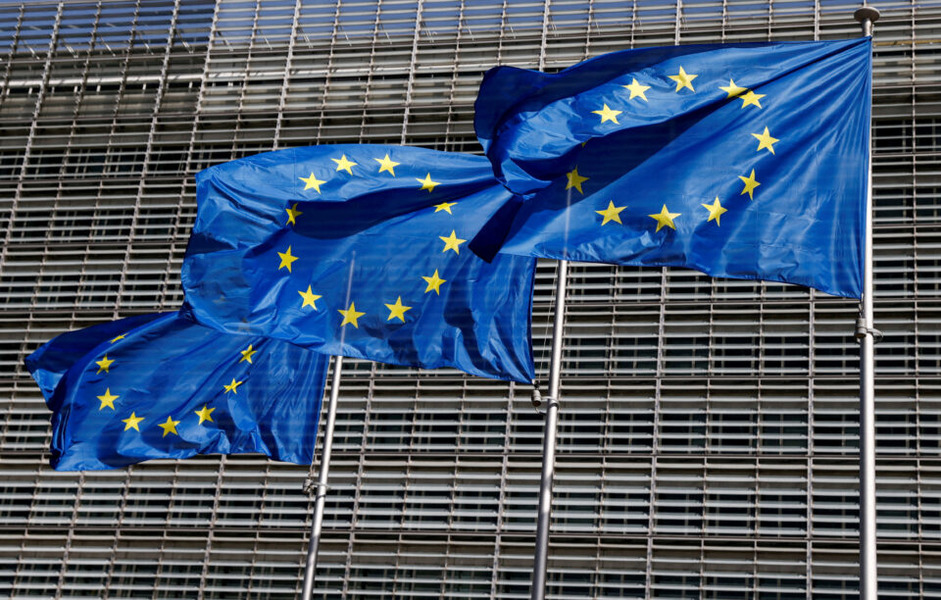December 14 became a date of historic significance for Eastern Europe, because the leaders of the European Union at the European Summit in Brussels approved the recommendation of the European Commission to open accession negotiations with Ukraine and Moldova.
The decision was made despite all the attempts of Orbán: he had to compromise with other countries and leave the hall so that all other leaders could vote unanimously. Therefore, despite rather grim forecasts, Ukraine is taking another step towards its European integration.
Before the actual start of negotiations on Ukraine’s accession to the European Union, a number of conditions must be met. European countries should unite for the sake of the EU integrity and security at each stage of the negotiations. The decision on accession is only an interim result, and there are still many obstacles that need to be overcome.
So Orbán said that he agreed to give up his veto on the start of negotiations on Ukraine’s accession to the EU, because he would still have many opportunities to block this process. The Prime Minister of Slovakia Robert Fico (who also tries to slow down Ukraine’s accession to the EU) may join Orbán.
Another obstacle could be Austria’s position promoting the priority accession of Bosnia and Herzegovina. Due to the low activity of the Western Balkans countries on their way to the EU, the European integration process of Ukraine and Moldova may be delayed — and this is a serious problem for Eastern Europe.
The accession of Ukraine and Moldova to the EU is important, primarily for the security of the Eastern European region. Russia acts aggressively towards both countries: it has been waging a war against Ukraine for 10 years, 2 of them full-scale. Russia is trying to undermine Moldova by overthrowing the pro-European authorities.
European integration of both countries is significant for the integrity and security of the EU. Russia is trying by all means to disrupt the accession of Ukraine and Moldova to the European Union. Therefore, it is necessary for the EU countries to have a decisive position to counteract the Russian Federation by diplomatic means.

